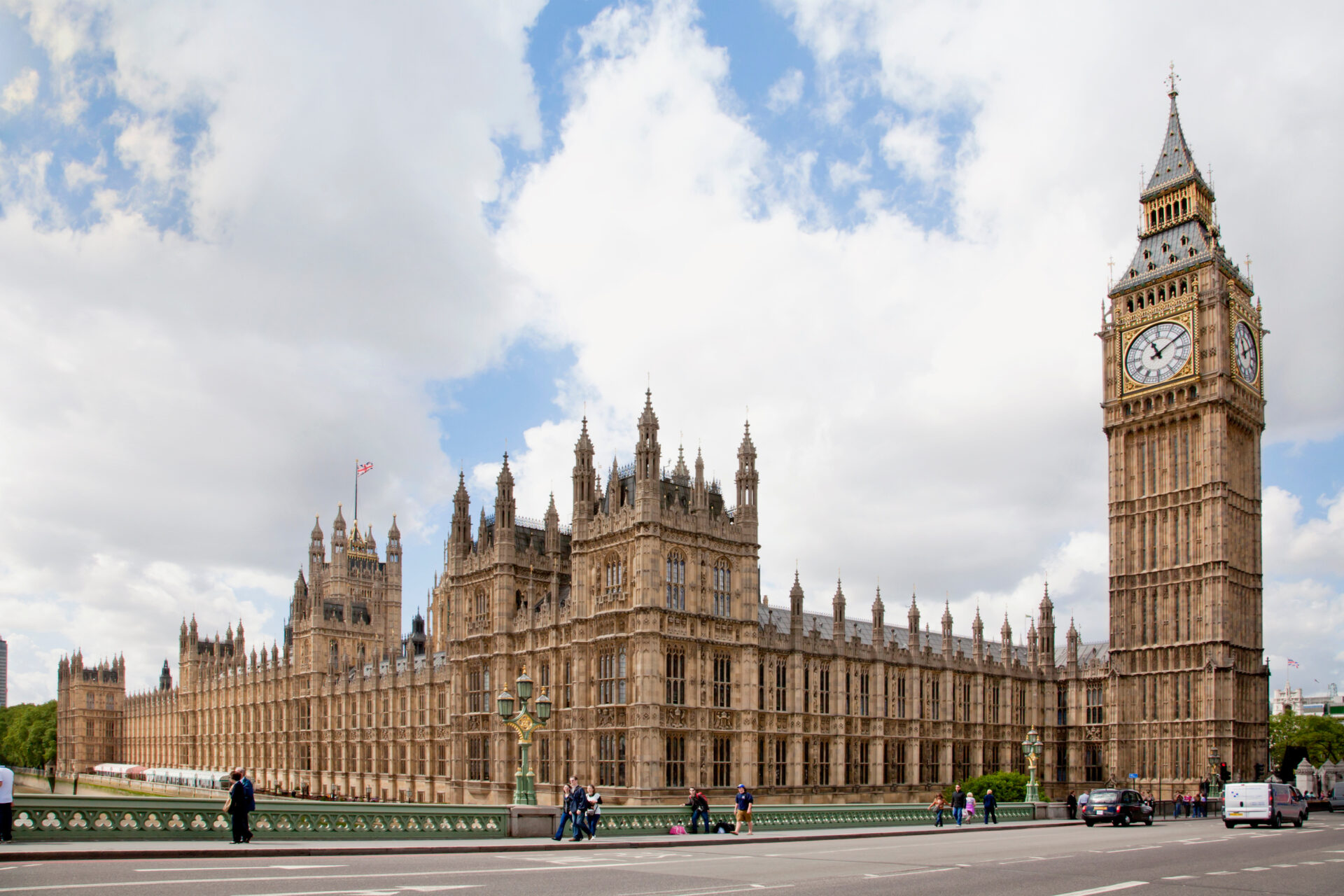The Government has set out new guidance for the Low Pay Commission (LPC) as it works toward delivering a genuine living wage for all adult workers, in a bid to end age-based discrepancies in minimum pay.
The updated remit marks the next phase in a manifesto commitment to ensure fair pay that reflects the cost of living.
It directs the LPC to consult on closing the gap between the 18 to 20-year-old National Minimum Wage rate and the full National Living Wage, with the long-term goal of establishing a single adult rate.
Around three million workers saw a pay rise following last year’s decision to factor in living costs when setting the minimum wage.
This included a record boost for apprentices and under-18s, and an increase of £1,400 a year for full-time workers on the National Living Wage.
Now, the Government has asked the LPC to continue factoring in the cost of living as it prepares recommendations for 2026 wage rates.
Higher wages for the lowest-paid workers are not only expected to lift living standards and improve financial security for families, but also to drive consumer spending and support local businesses, forming part of the Government’s broader economic strategy.
Business Secretary Jonathan Reynolds said: “Low pay drags down living standards for our workers and in turn hurts our high streets and local businesses.
“This Government’s Plan for Change will put money back in people’s pockets, with this new remit marking the next step in considering how we ensure a fair deal for our lowest paid workers while maintaining a competitive economy that boosts businesses and their employees alike.”
Deputy Prime Minister Angela Rayner emphasised the Government’s commitment to tackling low pay.
She said: “We promised to make low pay a thing of the past, and deliver a wage people can live on, and that is exactly what this government is determined to deliver.
“We have already taken bold action to Make Work Pay with more than three million workers seeing a huge boost in their pay following our increase to National Minimum and Living Wage.
“This remit is the next milestone in our plan to get more money in working people’s pockets, raise living standards in every part of the UK, and get our economy growing.”
Chancellor of the Exchequer Rachel Reeves added: “We are delivering on our promise to make sure every worker receives a fair wage.
“Fair pay which supports working families is integral to our Plan for Change, because when working people are properly rewarded with more money in their pockets, businesses thrive and our entire economy benefits.”
The LPC will now begin consulting with employers, trade unions, and workers before presenting its recommendations to the Government in October.
These consultations will assess both the economic impact of past wage increases and the affordability of further changes – particularly for small and medium-sized enterprises (SMEs).
Baroness Philippa Stroud, chair of the LPC, acknowledged the complexity of the task ahead:
She said: “We are pleased to receive our remit from the Government. Already, since the beginning of the year, we have spent significant time speaking with workers and employers, to understand the pressures in the economy and the effects of the most recent increases in the minimum wage.
“Our recommendations on the minimum wage are always finely balanced. More than ever, it is important that we draw on first-hand evidence from those affected by our decisions.”
















